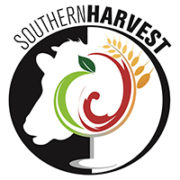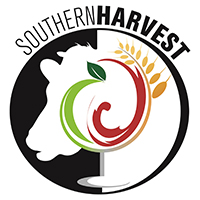ACT Territories and Municipal Services Minister Shane Rattenbury aims to free up more unused public land for growing food in Canberra and plans a registration system for backyard beekeepers this year, among measures to boost food self-sufficiency in Canberra.
Mr Rattenbury, head of the ACT Greens, called a roundtable of local producers last year and on Tuesday outlined the ideas to the Assembly. Other ideas included a local abattoir and targets to reduce chemical use in home gardens.
The roundtable heard that 700 hectares would be sufficient to feed a third of the ACT population, and pushed for more government land to be set side for intensive production, such as greenhouses, hydroponics and aquaponics.
It discussed accessing land near creeks, cycle paths, power line easements and road easements for growing food. It suggested a relaxation of restrictions on using nature strips and other land for gardening, providing residents took responsibility for controlling fruit tree pests, he said.
Canberra had 3.65 hectares in community gardens and that could be expanded, especially on public transport routes, with access to water, electricity and toilets. Walls and roofs could also be used for food production, and areas could be set aside for “agri-hoods”, or neighbourhood food production. Land should be set aside when suburbs were being built.
The roundtable also pointed to the need for more bee-friendly plants, registration of beekeepers and reducing pesticide use, Mr Rattenbury said.
Among other ideas, the Molonglo River flats could be considered for market gardens, and a specific agricultural zone could be created. Agriculture should be part of ACT economic planning, he said, with one suggestion that as many as 10,000 or 12,000 people could be employed in the sector.
The roundtable had also looked at areas where Canberra was over-regulated, including a requirement to weigh individual eggs, a specified size for hand-washing sinks and rules covering selling food.
Mr Rattenbury said he would introduce a registration system this year for beekeepers, most of whom were backyard beekeepers, and was looking to free up open spaces for food production. “There’s a lot of community energy out there, with people saying if you just let us go at it there are things we’d like to do,” he said, pointing to the approach from the now-established City Farm and work to set up a Lyneham orchard.
“By the government removing barriers and allowing people to do things, we can increase the ability of people to produce food in the urban environment,” he said.
A reliable local food supply was increasing important, given global threats of climate change and oil production, he said. The United Nations annual food report showed a decline in quality year on year, he said, highlighting the importance of funding for research into food quality.
Asked about Mr Rattenbury’s suggestions, Chief Minister Andrew Barr said he agreed there were “great opportunities for Canberrans to grow their own food in our community gardens”. There were exciting economic benefits in local production, he said.
By Kirsten Lawson. Published in The Canberra Times on 17 February 2015.


Leave A Comment